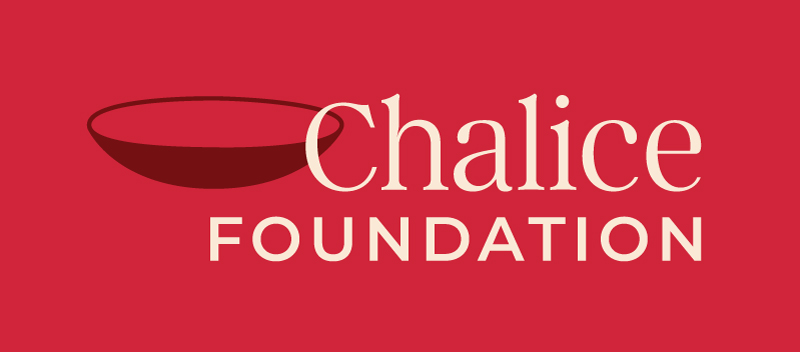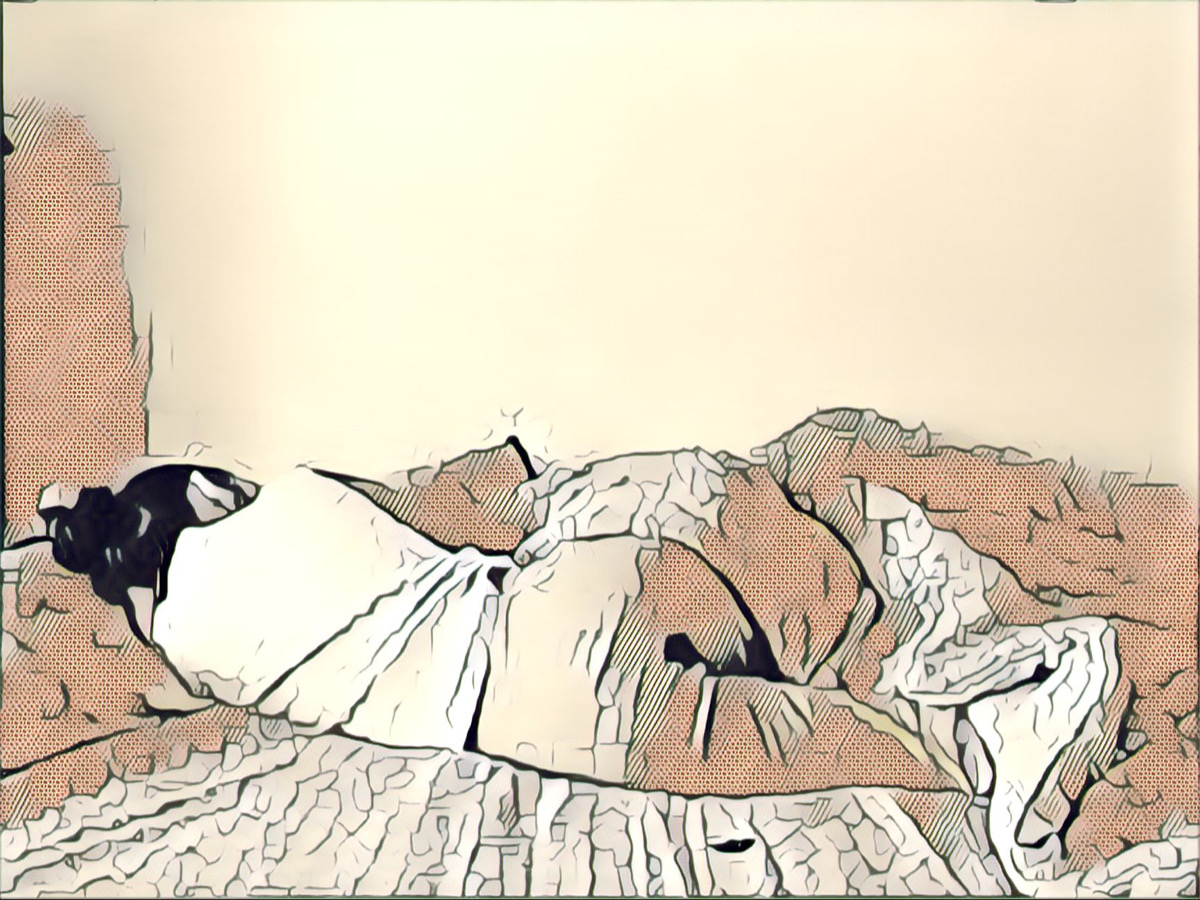This week on The Leak we are publishing an excerpt of About Bloody Time: The Menstrual Revolution We Have to Have, specifically where we speak about how powerful the menstrual taboo is in our societies and cultures. With so much recent public discussion around menstruation and menopause, we thought it would be useful to come back to such a central and powerful reality that shapes our experience every single day.
Taboos are powerful drivers of social values. They create invisible boundaries and help to instruct people how to behave in a society, outside of their own ideas and even those of their immediate family. The menstrual taboo shapes and defines our collective attitudes towards menstruation, resulting in a pervasive culture of menstrual shame. In order to revolutionise menstrual culture, we need to shake it up, tackle it head on. First, we need to see it. Then we can name it, strip it of its power and finally dismantle it for good.
Women are reliable narrators of their own lives. We believe them when they tell us that their experience of menstruation and menopause has often been difficult, confusing, painful, embarrassing, and generally negative. We believe them when they say it is hard to talk about menstruation. But we don’t accept it has to be this way, because we can also see the menstrual cycle for what it is: an important biological process of the body that not only has the potential to create life but is a decisive indicator of overall physical health. Women and girls are trapped inside a deep paradox: the very thing that guarantees all human life is something they are asked to condemn as humiliating and disgusting.
I still avoid staying at friend’s places if I have my period. I don’t mind discussing ‘the period’ topic but I definitely don’t like colleagues or friends knowing that I have my period. I also prefer that other people keep that information to themselves.
***
Even now I don’t tell anyone other than hubby or doctor when I have my period – I feel so secretive about it, perhaps I still have some shame or embarrassment. I hide tampons when I need to go to the bathroom rather than just grab them out of my handbag. I feel that my teenage life especially would’ve been easier if there was no stigma or silence around the topic of menstruation.
***
I feel like no one wants to hear about periods and like it’s somehow a separate thing from day to day life. We hide it all from such a young age, learn to think we are dirty and need to stay clean, learn that no one wants to hear about our pain or fears. We’ve done such a poor job of that for ourselves.
There are two realities here that are equally valid. The inescapable biological truth is that our entire existence depends on the menstrual cycle. Quite literally it is a powerful and positive life force. The other undeniable fact is the difficulty many women have in dealing with it.
It seems to occupy a curious place in our collective psyche. Instead of awe for the life-giving properties of the menstrual cycle, our culture demeans it, fostering and perpetuating feelings of visceral disgust, revulsion and distrust, along with inconvenience, boredom and resentment. Cultural practice shrouds menstruation in negativity, and increasingly it is framed as a process with little or dubious value. We are discouraged from talking about it or seeing it as meaningful. Instead of respect and reverence, we are raised to feel embarrassed and awkward about menstruation, whether we menstruate or not.
There is such massive incongruity between these two realities, but the latter is not less real just because it is subjective and variable. We can see clearly that there is a problem, and that these attitudes result in girls and women feeling ashamed and humiliated.
Of all the powerful and even majestic things our bodies do it is bewildering that the menstrual cycle is so stigmatised and misunderstood; shrouded in secrecy, and subject to prohibitive cultural rules and practices which cloak menstruation in taboo.
This excerpt from About Bloody Time is re-published with kind permission from the Dugdale Trust for Women & Girls (of which the Victorian Women’s Trust is Trustee). To learn more about the menstrual taboo and what we can do about it you can purchase the book here: vwt.org.au/projects/about-bloody-time. You can also check with your library and if they don’t yet have a copy lean on them to get several pronto!
Header image credit: Rupi Kaur


